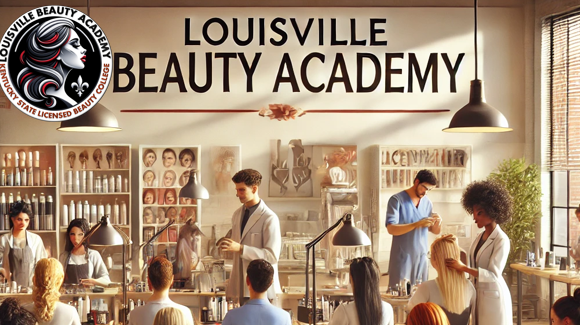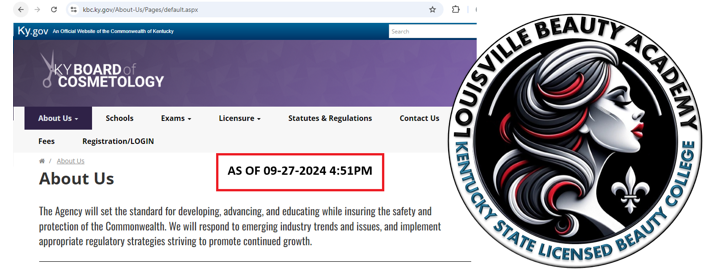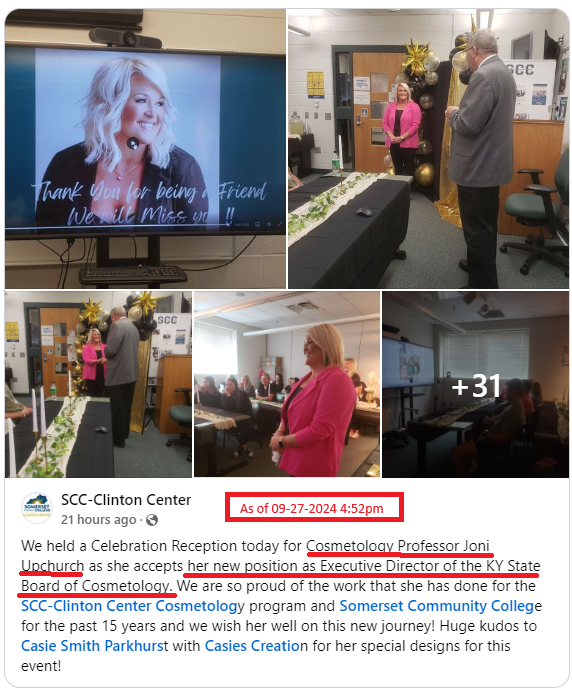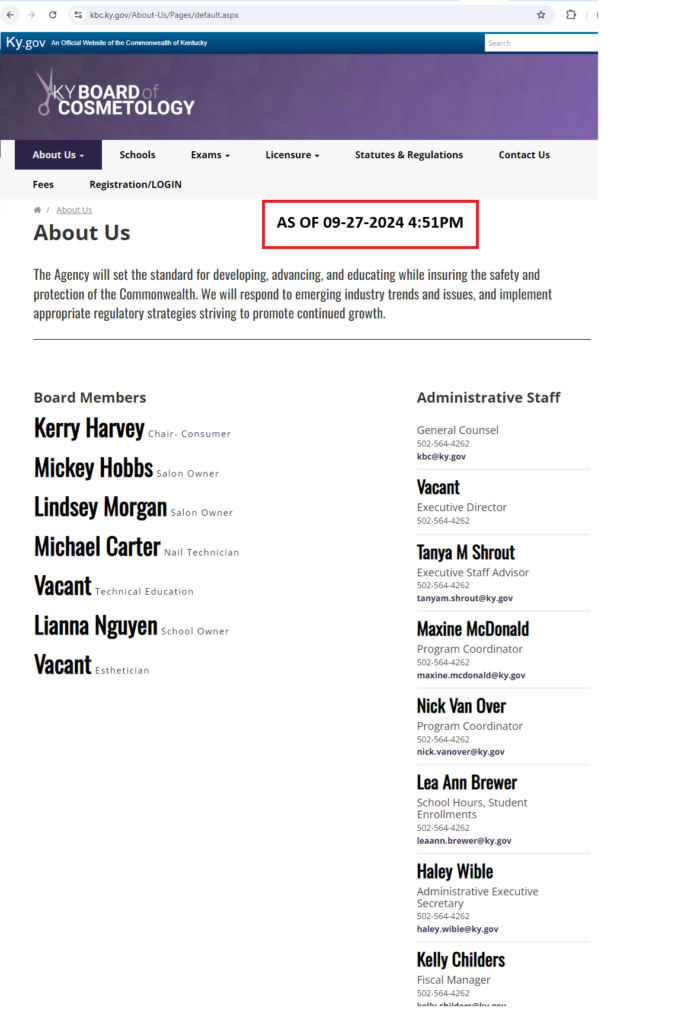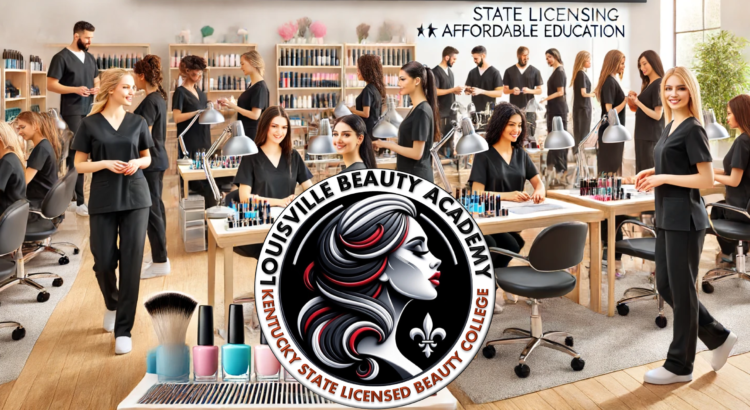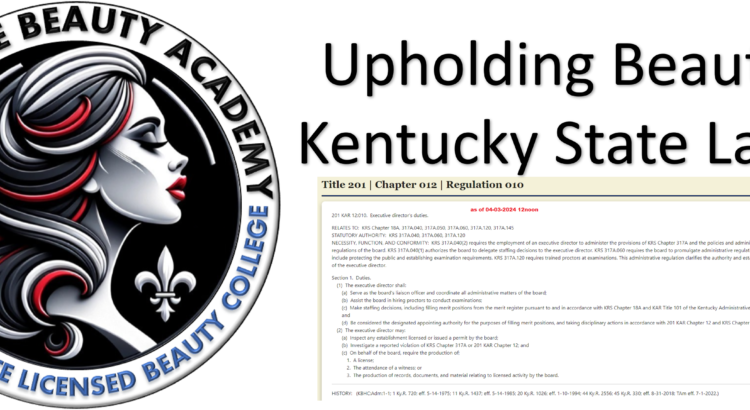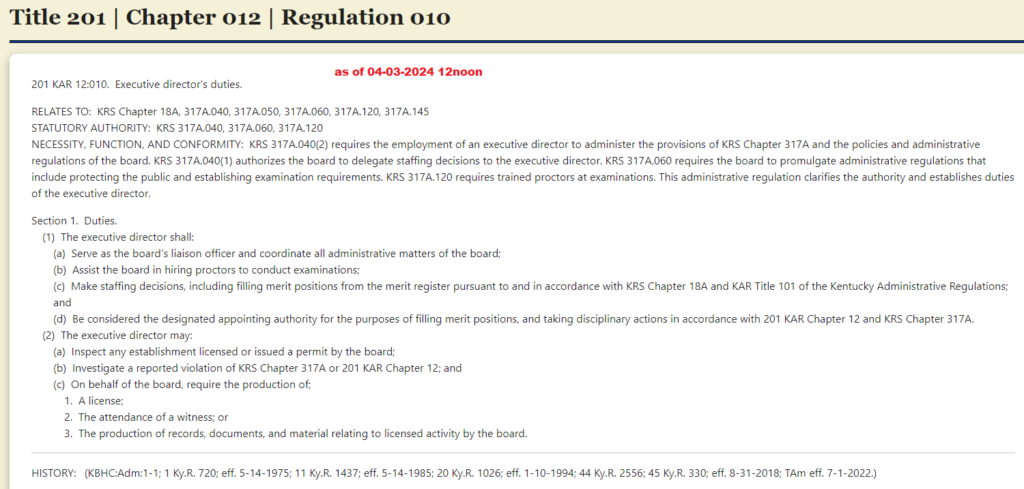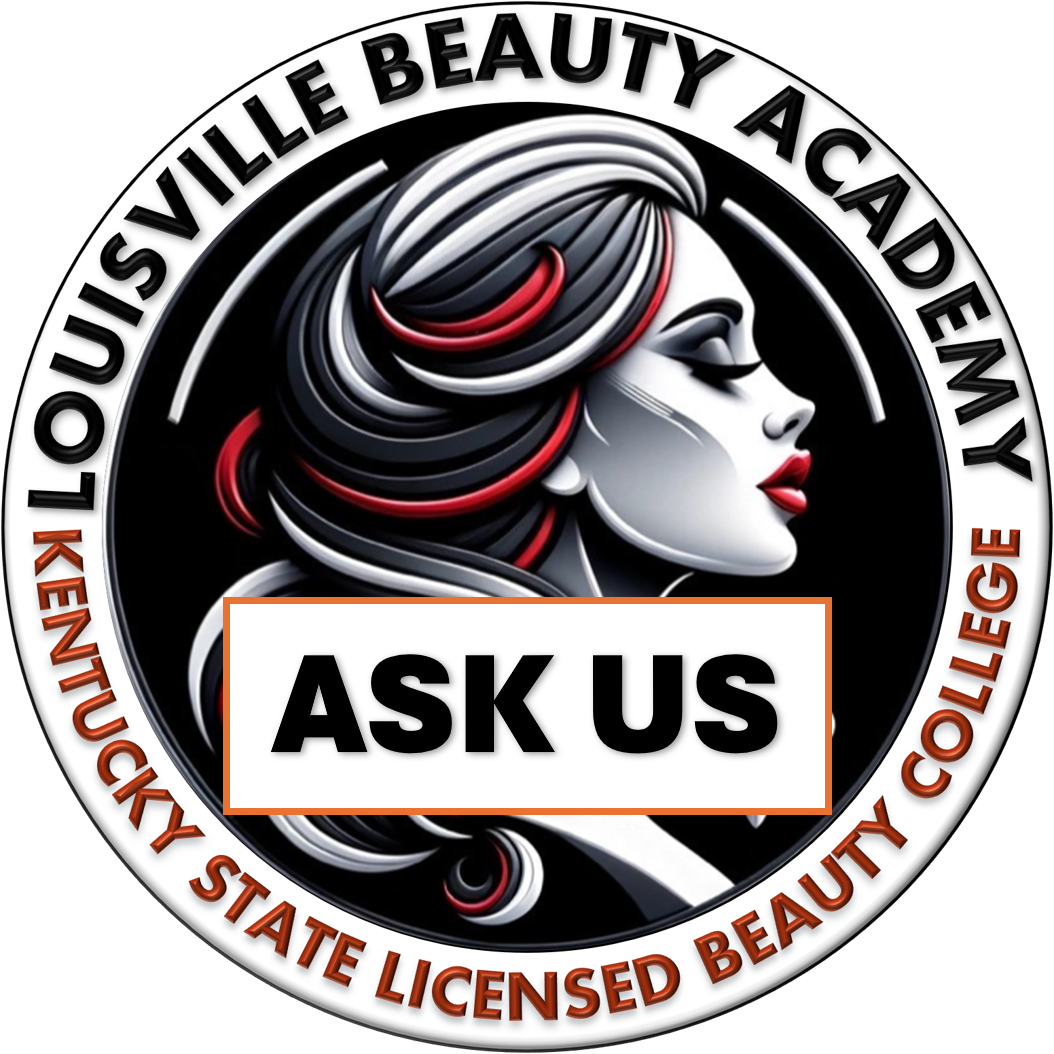Louisville Beauty Academy takes immense pride in serving as a hub of knowledge and a center of excellence for beauty education in Kentucky and the city of Louisville. As an institution dedicated to cultivating talent and guiding students toward licensure and success in the beauty industry, we are committed to transparency and professionalism in every aspect of our operations.
While we strive to support and elevate the beauty industry through education, it is essential to recognize that the academy has limitations when it comes to advising individuals who are not current students or graduates of the academy. This is not a matter of exclusivity but a necessary measure to ensure accuracy, integrity, and legal compliance.
Louisville Beauty Academy: A Community of Support
At Louisville Beauty Academy, we view our students and graduates as family. This connection is built on a foundation of trust, shared understanding, and thorough knowledge of each individual’s background, goals, and progress. It allows us to provide personalized guidance that aligns with the rigorous standards of beauty licensure and the specific needs of our students.
For individuals who are not yet part of the Louisville Beauty Academy family—such as transfer students from other schools or states—it is challenging for the academy to provide detailed advice or guidance. Without access to their educational history, prior training, or specific circumstances, offering recommendations would be speculative and potentially inaccurate.
Why Guidance Is Limited for Non-Students
- Lack of Background Knowledge:
- Each state and institution may have unique requirements and curricula for beauty education. Without knowing your specific background, training, or experience, the academy cannot provide informed or tailored advice.
- Licensing and Legal Considerations:
- As a regulated beauty institution, Louisville Beauty Academy is required to ensure that all advice and guidance align with state laws and licensing standards. Offering detailed recommendations without full knowledge of your circumstances could inadvertently conflict with these standards.
- Focus on Accuracy and Integrity:
- Miscommunication or incomplete advice could lead to misunderstandings or mistakes in your licensing journey. To avoid such scenarios, the academy focuses its detailed guidance exclusively on enrolled students and graduates, whose backgrounds and progress are well-documented.
The Brush-Up Course: A Pathway to Join the Academy Family
For those who need extensive support, Louisville Beauty Academy offers an 80-hour brush-up course. This program allows individuals to formally join the academy and provides an opportunity for the school to understand their needs, background, and training comprehensively. While the course does not guarantee licensure or specific outcomes, it positions participants as part of the academy’s community, enabling the school to offer tailored guidance and support.
What Louisville Beauty Academy Can Share
While detailed, personalized advice is reserved for enrolled students, the academy remains committed to supporting the broader beauty community by:
- Providing general information about the school’s programs and offerings.
- Sharing insights into the licensing process in Kentucky.
- Offering resources for understanding state-specific regulations and requirements.
Transparency and Commitment to Excellence
Louisville Beauty Academy is proud to lead by example, emphasizing the importance of transparency, integrity, and professionalism in beauty education. By setting clear boundaries on the guidance we can offer to non-students, we ensure that all advice provided is accurate, legally compliant, and genuinely beneficial.
For those who wish to benefit from the academy’s expertise, we encourage you to explore our programs, including the brush-up course, and become part of the Louisville Beauty Academy family. Together, we can work toward your success in the beauty industry with the full support and resources of our institution.
Louisville Beauty Academy: Building Careers, Changing Lives
We invite you to take the next step in your journey by joining a community that is committed to your growth, excellence, and success in the beauty industry.
Disclaimer
The information provided by Louisville Beauty Academy in this article is intended for general informational purposes only and should not be considered professional or legal advice. While we strive to offer accurate and up-to-date information, the academy cannot guarantee the applicability or accuracy of this information for individuals who are not currently enrolled students or graduates of Louisville Beauty Academy.
Guidance and recommendations specific to the beauty licensing process are reserved for students and graduates of the academy, whose educational background and training have been thoroughly reviewed. Non-students are encouraged to consult their current institution, the Kentucky State Board of Cosmetology, or other relevant licensing authorities for detailed and accurate guidance.
Participation in any of Louisville Beauty Academy’s programs, including the 80-hour brush-up course, does not guarantee licensure, employment, or any specific outcome. All students are responsible for adhering to state and federal licensing requirements. Louisville Beauty Academy disclaims any liability for decisions or actions taken based on information provided to non-students.
